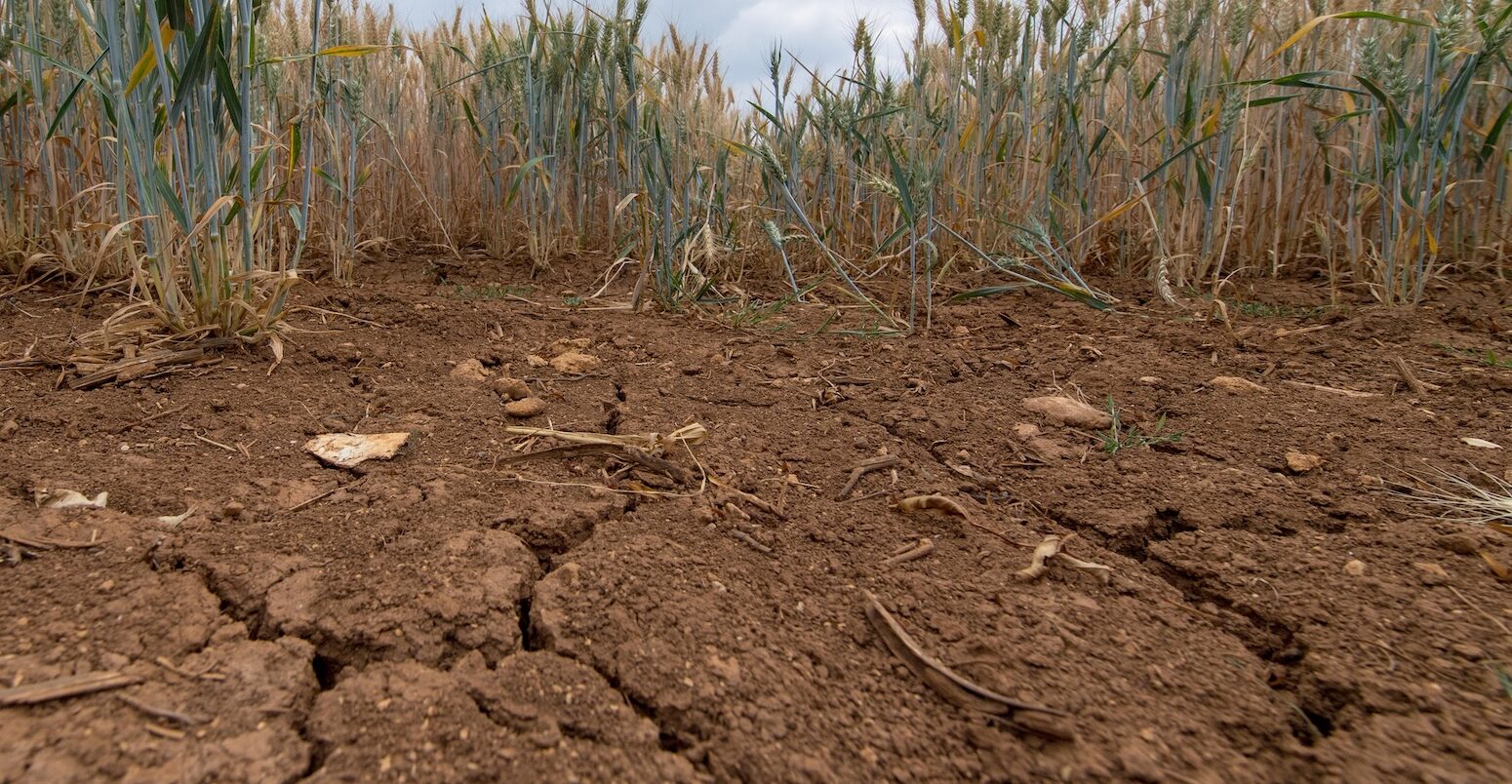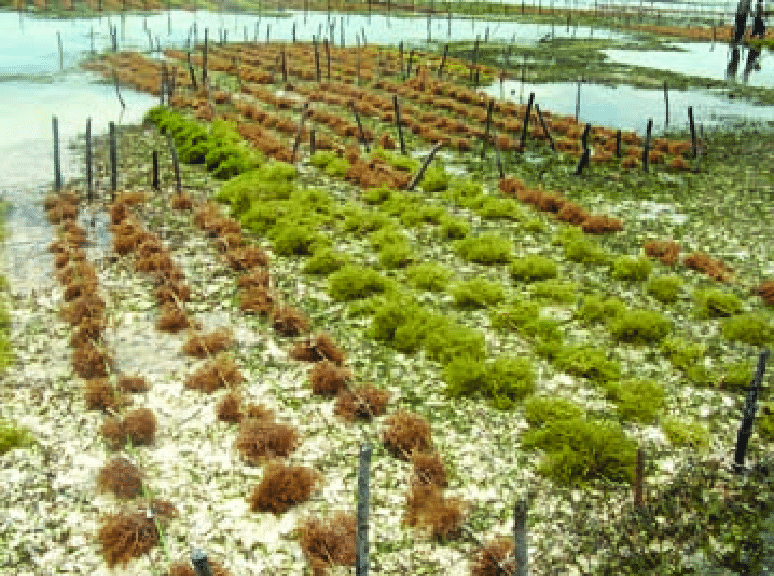Local uptake of climate change adaptation measures and practices by forest farm producers in Nepal.
In an effort to determine a way forward to mainstream and up-scale the best climate change adaptation measures and practices of the Forest and Farm Producer Organisations (FFPOs), a two-day workshop titled “Local uptake of climate change adaptation measures and practices by forest farm producers in Nepal” was held in Kathmandu. The workshop, organized by the Forest and Farm Facility (FFF) Programme, brought together forest farm producers, experts, and stakeholders to discuss and explore strategies for enhancing climate change adaptation measures in the forest farm sector.
The workshop had three primary objectives. Firstly, it aimed to build the capacity of FFPOs by providing them with insights into the concept and current practices of landscape restoration. By understanding the importance and ongoing practices of landscape restoration, FFPOs can contribute more effectively for continuous implementation of landscape restoration measures.
Secondly, the workshop served as a platform for participants to discuss the way forward in mainstreaming and scaling up the best climate change adaptation measures and practices. Through these discussions, stakeholders exchanged ideas, identified challenges, and collectively strategized on how to implement effective adaptation measures at the local level.
Additionally, the workshop provided an update on climate finance and its relevance for FFPOs. Participants gained insights into the available financial mechanisms and resources to support climate change adaptation initiatives. This knowledge will help FFPOs explore opportunities for accessing funding and implementing climate-resilient projects in the local level.
During the workshop, participants engaged in interactive sessions, group discussions, and presentations, learning about climate change adaptation practices, landscape restoration, and the role of forests in climate change mitigation. Experts shared their knowledge and experiences, highlighting successful case studies and practices.
The workshop generated enthusiasm and commitment among participants, who recognized the urgency and importance of climate change adaptation in Nepal’s forest farm sector. By promoting sustainable forest management practices and implementing innovative adaptation measures, FFPOs have the potential to safeguard their livelihoods, protect biodiversity, and contribute to the country’s overall climate change resilience. Furthermore, the outcomes of the workshop will also contribute to design workplan of the FFF programme.
As Nepal faces the growing challenges of climate change, workshops like these provide a crucial platform for knowledge exchange and collaborative action. By empowering forest farm producers with the necessary tools and information, Nepal is taking significant steps towards building a climate-resilient future and ensuring the sustainability of its forest resources.
FFF is a partnership between FAO, the International Institute for Environment and Development (IIED), IUCN and AgriCord.




